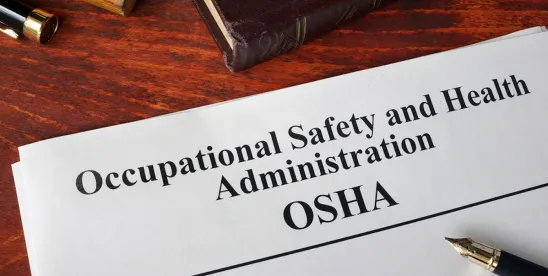As we pass the halfway point of 2025, there has already been a flurry of legislative changes and court decisions that have changed the landscape of Texas employment laws. With several of these laws already in effect, and others becoming effective on September 1, 2025, now is the time for Texas employers to become informed of these changes and take appropriate action to comply with these new developments.
Key changes include:
1 – “Ban the Box” Legislation (HB 2466)
With respect to the hiring process, effective September 1, 2025, Texas will join 37 states which prohibit employers from inquiring about an applicant’s criminal history on its job application. The Equal Employment Opportunity Commission (EEOC) has long taken the view that “banning the box” will prevent job applicants with prior convictions from being automatically excluded from job opportunities.
2 – Expansion of Protections for Gig Workers and Independent Contractors
New guidance from the Texas Workforce Commission (TWC) addressed the serious issue of properly classifying workers as independent contractors vs. employees. If there is any doubt about a worker’s classification, the TWC recommends erring on the side of caution and classifying the worker as an employee. Misclassification can lead to significant penalties, including back pay and fines under both state and federal law.
The Occupational Safety and Health Administration (OSHA) has announced its plan to increase enforcement in Texas. Employees are experiencing more frequent OSHA inspections and the risk of stricter penalties for violations.
4 – COVID-19 Vaccine Mandates (Senate Bill 7) (Ch.81D, Texas Health and Safety Code)
A new law prohibits private employees from requiring COVID-19 vaccinations for employees, contractors, or applicants, with limited exceptions for certain health care entities.
5 – EEOC 2024 Guidance Regarding Transgender Protections Overturned (State of Texas and The Heritage Foundation v. EEOC)
A federal court for the Northern District of Texas ruled that the EEOC exceeded its authority in considering individuals who are transgender as a protected class. Significantly, the court stated that only biological sex is protected by Title VII.
6 – Texas Supreme Court Ruled That Individuals Can Be Liable for Tort Claims That Are Related to Discrimination Claims Under the TCHRA (B.C. v. Steak N Shake Operations, Inc.)
This decision holds that the Texas Commission on Human Rights Act (TCHRA), the state equivalent of Title VII, does not preempt common law claims against individual employees. As a result, an aggrieved employee can now bring tort claims, such as sexual assault, defamation, etc. against a superior or co-employee based on the same or related facts as the discrimination claim.
7 – Employee Firearms in Vehicles (HB 1336)
Effective January 1, 2025, HB1336 prohibits certain employers (those receiving public funds) from restricting employees from storing lawful firearms and ammunition in their locked vehicles in employee parking lots. This law also includes privacy protections, prohibiting employers from asking about or searching employee vehicles for firearms.
8 – Workplace Violence Reporting (HB 915)
Texas employers are now required to post notices about the Texas Department of Licensing & Regulation’s 24-hour hotline for reporting workplace violence.
9 – Restrictions on Noncompetes for Physicians and other Health Care Practitioners (TBCC 15.50, et seq)
We previously wrote about SB1318, which changes the rules for existing noncompetes with physicians and adds new limitations for other health care providers. This law goes into effect September 1, 2025.
10 – Federal Court Decisions Re: Overtime Rules (State of Texas v. US Dept of Labor)
On April 23, 2024, the U.S. Department of Labor (DOL) issued its final rule raising the salary threshold for exempt employees under the Fair Labor Standards Act (FLSA). A federal judge in the Eastern District of Texas, however, ruled that the DOL’s increase to the minimum salary level exceeded the DOL’s statutory authority and discarded the rule nationwide. Employers who communicated the increases to qualified employees should seek guidance on how best to handle until this issue is firmly resolved by the courts.




 />i
/>i
